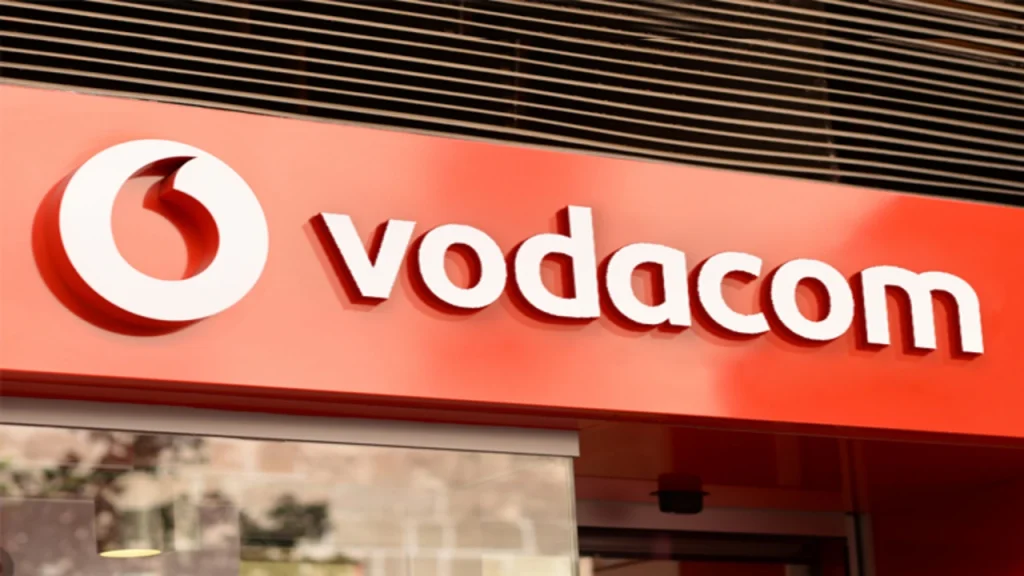- They’ll share fibre and tower infrastructure in key African market
- Deal aims to lower costs and expand connectivity across underserved areas
What happened: Vodacom and Airtel Africa partner on infrastructure to improve access
Vodacom Group and Airtel Africa have signed a strategic infrastructure-sharing agreement. It covers major markets including Mozambique, Tanzania and the Democratic Republic of Congo. The deal is subject to regulatory approvals in each country. Under the arrangement both operators will share fibre-optic networks and mobile tower assets. This approach aims to accelerate the rollout of digital services and reduce infrastructure costs. It also seeks to improve speed to market and service reliability in underserved regions.
The collaboration builds on existing connectivity projects like the Equiano and 2Africa submarine cables. These help boost bandwidth, lower costs and link more communities to the global internet. Both firms hope the combined effort will enable more efficient delivery of 4G, 5G, mobile and financial services. Vodacom’s CEO, Shameel Joosub, said the agreement reflects a commitment to connect 260 million customers by 2030. Airtel Africa’s CEO, Sunil Taldar, added that the partnership supports access to digital and financial opportunities even in remote locations.
Also read: Vodacom Lesotho: Powering Digital Access
Also read: Vodacom Eastern Cape invests $28M to modernise network
Why it’s important
This partnership indicates a shift in how telecom operators address connectivity challenges in Africa. By pooling resources, Vodacom and Airtel Africa aim to lower costs and speed up network expansion. Faster digital service rollout can benefit underserved urban and rural communities. Improved network performance supports access to essential services like mobile banking and education. The shared infrastructure model may serve as a template across the continent.
Collaboration helps unlock economies of scale, reduce duplication and promote efficient investment. It also aligns with broader digital inclusion goals led by governments and bodies like the African Union. As demand for data and financial services continues to grow, innovative network strategies become critical. This agreement underscores operator willingness to collaborate rather than compete over costly infrastructure. It also highlights the role of connectivity in driving social and economic inclusion across Africa.

